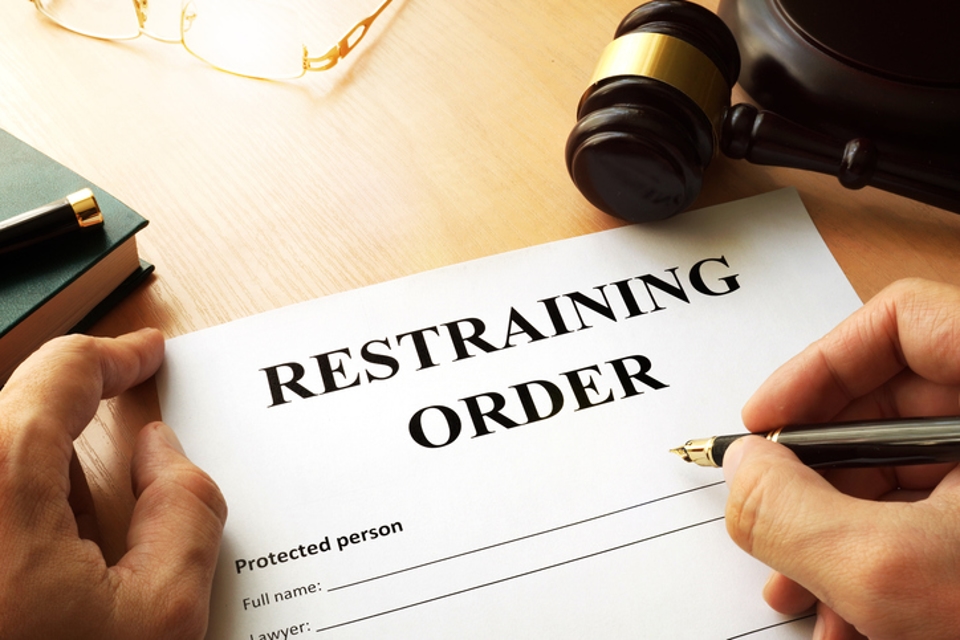When your case doesn’t go the way you hoped in court, you might be left asking, “Do I have any other options?” This is where appeals come into play. An appeal gives you the chance to challenge a court's decision if you believe a legal mistake affected the outcome of your case.
But before diving in, it’s essential to understand how appeals work and what makes one successful.
What Is an Appeal?
Simply put, an appeal asks a higher court to review a decision made by a lower court. The goal isn’t to retry your case, but to determine whether the laws were applied correctly and whether procedural mistakes occurred during the original trial.
Common Reasons for Filing an Appeal
- Legal Errors: If the judge misinterpreted or improperly applied the law.
- Procedural Mistakes: Examples include improperly admitted evidence or jury instructions that led to confusion.
- Insufficient Evidence: Challenging whether the evidence presented was enough to justify the outcome.
Keep in mind that an appeal isn’t a second chance to argue your case with new facts or evidence. The appellate court will primarily review transcripts, legal briefs, and records from your original trial.
Who Can File an Appeal?
You can generally file an appeal if you’re dissatisfied with the outcome of your civil or criminal case. However, timing is crucial. Mississippi law usually puts strict deadlines for filing, often within 30 days of the final judgment. Missing this deadline can cost you the right to appeal.
What Factors Influence the Success of an Appeal?
While there’s no guarantee of success, understanding the factors that influence appellate rulings can help you set more realistic expectations.
1. Grounds for Appeal
Appeals are successful only when there’s a valid legal basis to challenge the trial court’s decision. Simply being unhappy with the outcome isn’t enough. Your attorney must demonstrate that a significant error occurred during the trial and that it affected the outcome.
For example:
- If your original case involved a car accident and the judge excluded evidence of distracted driving, you might have grounds to appeal under the argument that this evidence could have influenced the jury's decision.
2. Strength of the Record
The appellate court doesn’t listen to new witnesses or review new evidence. Instead, it relies solely on the trial record. Your chances increase if the record has clear evidence of procedural errors, misapplied laws, or improper rulings. Conversely, a weak or unclear record may make it harder to win an appeal.
3. Standard of Review
The appellate court applies different standards of review based on the nature of the trial court’s decision. Common standards include:
- De Novo Review (fresh look): Applied when the issue involves how the law was applied.
- Abuse of Discretion: Used to evaluate whether the trial court made reasonable decisions about things like admitting evidence.
- Clear Error or Plain Error Review: Applied in criminal cases, requiring undeniable proof that a mistake affected the verdict.
Understanding which standard applies to your case is pivotal, as some standards are more lenient than others.
4. Quality of Legal Representation
Having an experienced appellate attorney can make a world of difference. Appeals rely heavily on written briefs and oral arguments, which require specialized skills. A skilled attorney can:
- Clearly outline the mistakes made in your trial
- Frame your arguments in a way that resonates with the appellate judges
- Anticipate and counter arguments from the other side
Less experienced attorneys may miss critical legal details or fail to present the case persuasively.
5. Judicial Perspective
Appellate courts don’t rush to overturn trial court decisions. They often defer to the trial court unless the error is significant and demonstrably impacted the case outcome. Persuading a judge to change the outcome requires clear, compelling arguments backed by the record and legal precedent.
Real-Life Scenarios
To better understand the dynamics of an appeal, here are a few hypothetical examples:
Criminal Case
Suppose you were convicted of a crime in Southaven, MS, but the judge allowed evidence obtained through an improper search. If your attorney proves this was a constitutional violation during the appeal, your conviction could be overturned or your case sent back for a new trial.
Child Custody Dispute
Imagine a Southaven court awarded custody to the other parent, but you believe key evidence showing your ability to provide a safe environment was wrongly excluded. With an appeal, you could argue that this procedural error affected the judge’s decision, potentially leading to a rehearing.
Personal Injury Lawsuit
If you sued for damages after an injury but the judge improperly instructed the jury on how to calculate compensation, you might be able to appeal and challenge the amount awarded.
Each case is unique, which is why consulting an appellate attorney about your specific circumstances is crucial.
Why You Need Experienced Legal Representation
Filing an appeal is a complex and time-sensitive process. Here are key reasons why professional legal assistance is indispensable:
1. Expertise in Legal Research
An appeal rests on the ability to analyze laws, identify trial errors, and draft a compelling brief. A seasoned attorney knows how to prepare arguments that align with appellate judges' expectations.
2. Professional Written Briefs
The written brief is your chance to make a concise argument for why the lower court’s decision should be reversed. Appellate judges rely on these documents to understand your case. Poorly written or disorganized briefs can sink your appeal before it even begins.
3. Experience with Oral Arguments
When appellate judges ask adversarial or pointed questions during oral hearings, an experienced attorney can respond confidently and persuasively.
4. Understanding the Appellate Process
From compliance with filing deadlines to navigating complex procedural rules, a strong legal team ensures you follow every step meticulously.
Hiring an attorney with substantial appellate experience in Mississippi can give you the best chance at success.
North Mississippi Criminal Defense Lawyer
For those navigating the appeals process in Southaven, MS, turning to a seasoned law firm can make a significant difference. Stroud, Flechas & Dalton brings an expert team dedicated to maximizing appeal success outcomes. Should you require insight or assistance, reach out to us for a consultation at (662) 371-6580. Let our experience be your guide to a successful appeal.







